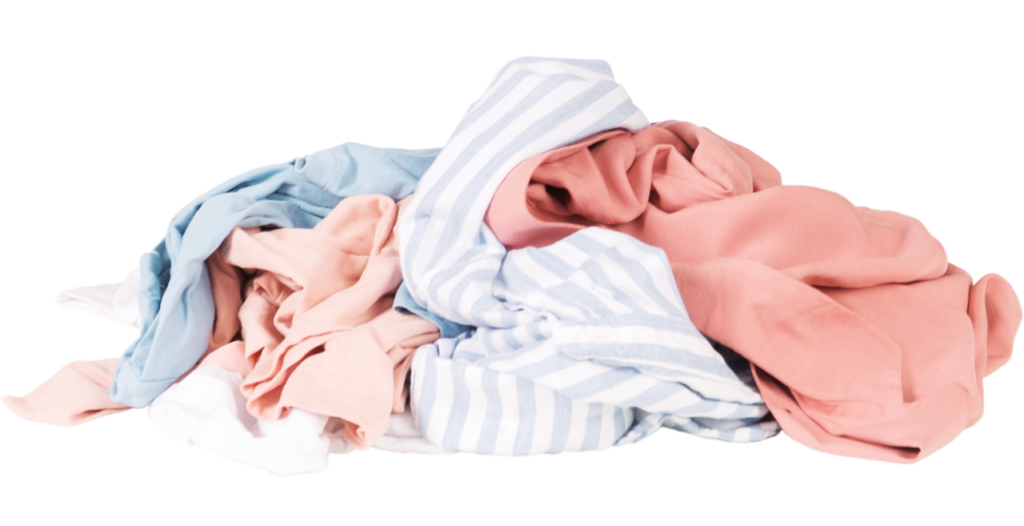
From January 1, 2025, all EU countries must separate the textile waste collection. In Sweden, municipalities will be responsible for collecting and managing the waste. They will also be responsible for informing households and businesses to extend the use of textile products in the first place, for example, through reuse. This requirement is an important step towards a more environmentally friendly textile industry.
So, what is textile waste? Well, it includes clothing, home and interior textiles, bags, and accessories made of textiles. This includes knitted and woven garments, towels, bed linen, blankets, tablecloths, curtains, rugs, tote bags, makeup bags, ties, and caps.
While Sweden has yet to establish a national collection system for textile waste, various organisations have been actively gathering old clothes and textile products for reuse. However, due to some municipalities’ lack of such cooperation and the critical need for waste sorting, more efforts are needed to make clothing recycling accessible to everybody.
The new law is also a step in the right direction towards producer responsibility, which the EU is currently investigating. Producer responsibility means that manufacturers of clothing and other textiles must take responsibility for the entire life cycle of the products. Manufacturers will bear the cost of collecting, sorting and recycling the products they sell. This responsibility is one way to reduce overproduction and better manage textile waste.
At ReThink, we want to help you understand how your textile consumption affects the environment. From the production of textiles to how they are recycled, we explore every step of the process and what we can do to become more sustainable in our consumer behaviour.
By learning more about textiles’ impact on the environment and how we can make better choices when shopping for clothes and shoes, we can all contribute to a more sustainable future. So join us at ReThink, and let’s rethink together for a greener planet!
Sources
European commission -Circular economy for textiles ![]()
Extrakt – Garbage sorting of textile waste will soon become a requirement ![]()
Naturvårdsverket – From 2025, textile waste must be collected separately ![]()
Naturvårdsverket – Requirements for separate collection of textile waste ![]()



